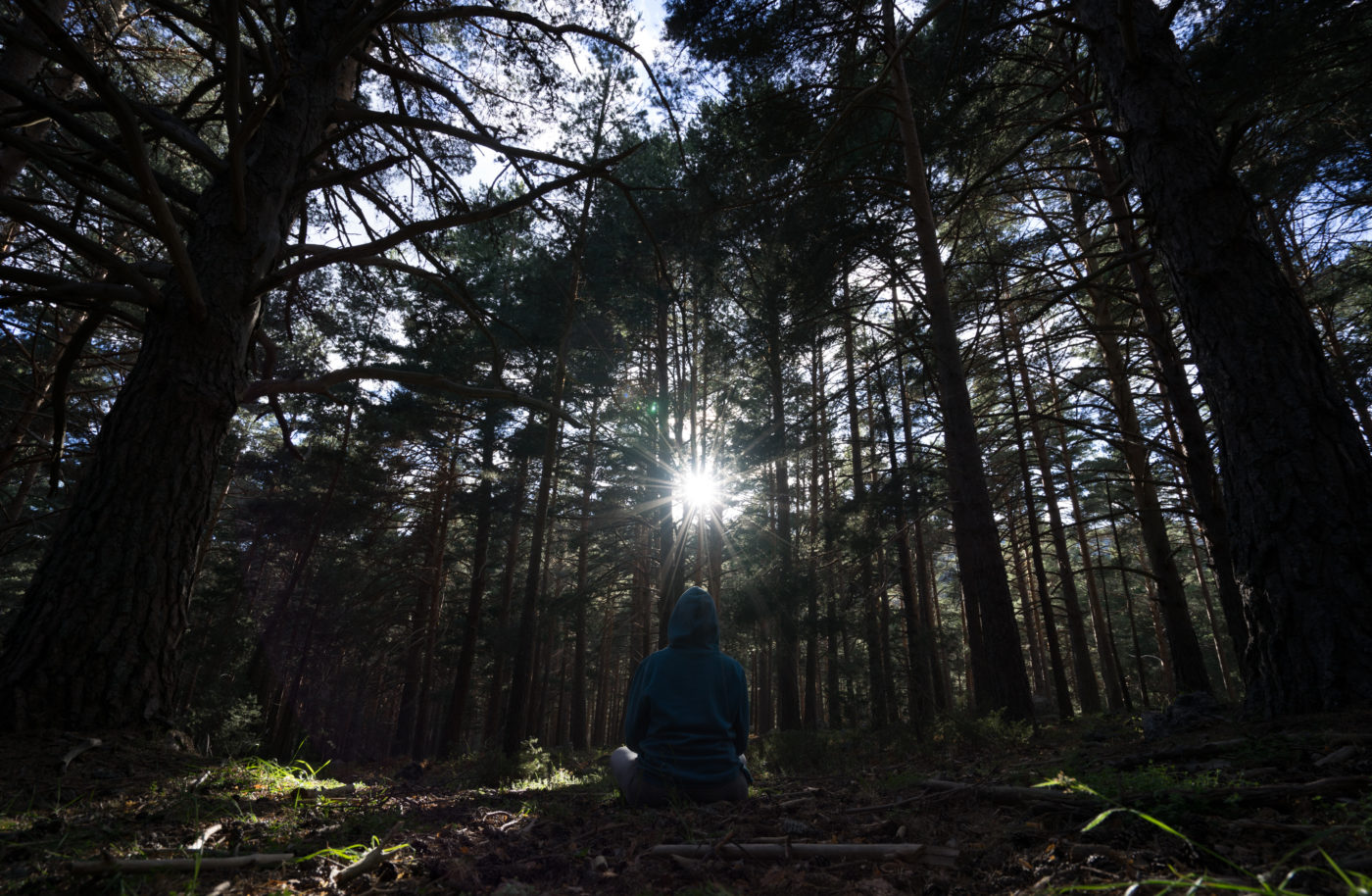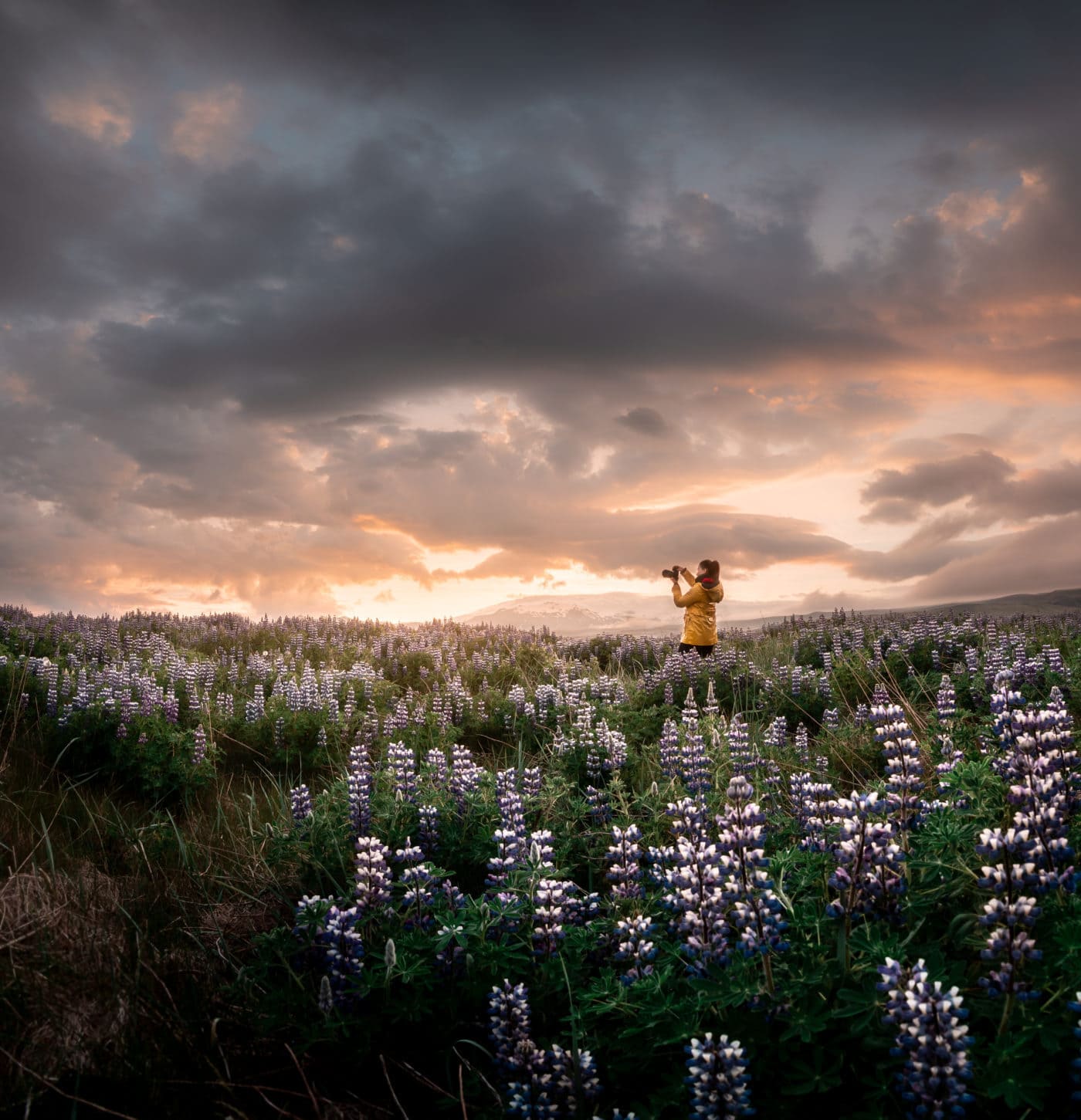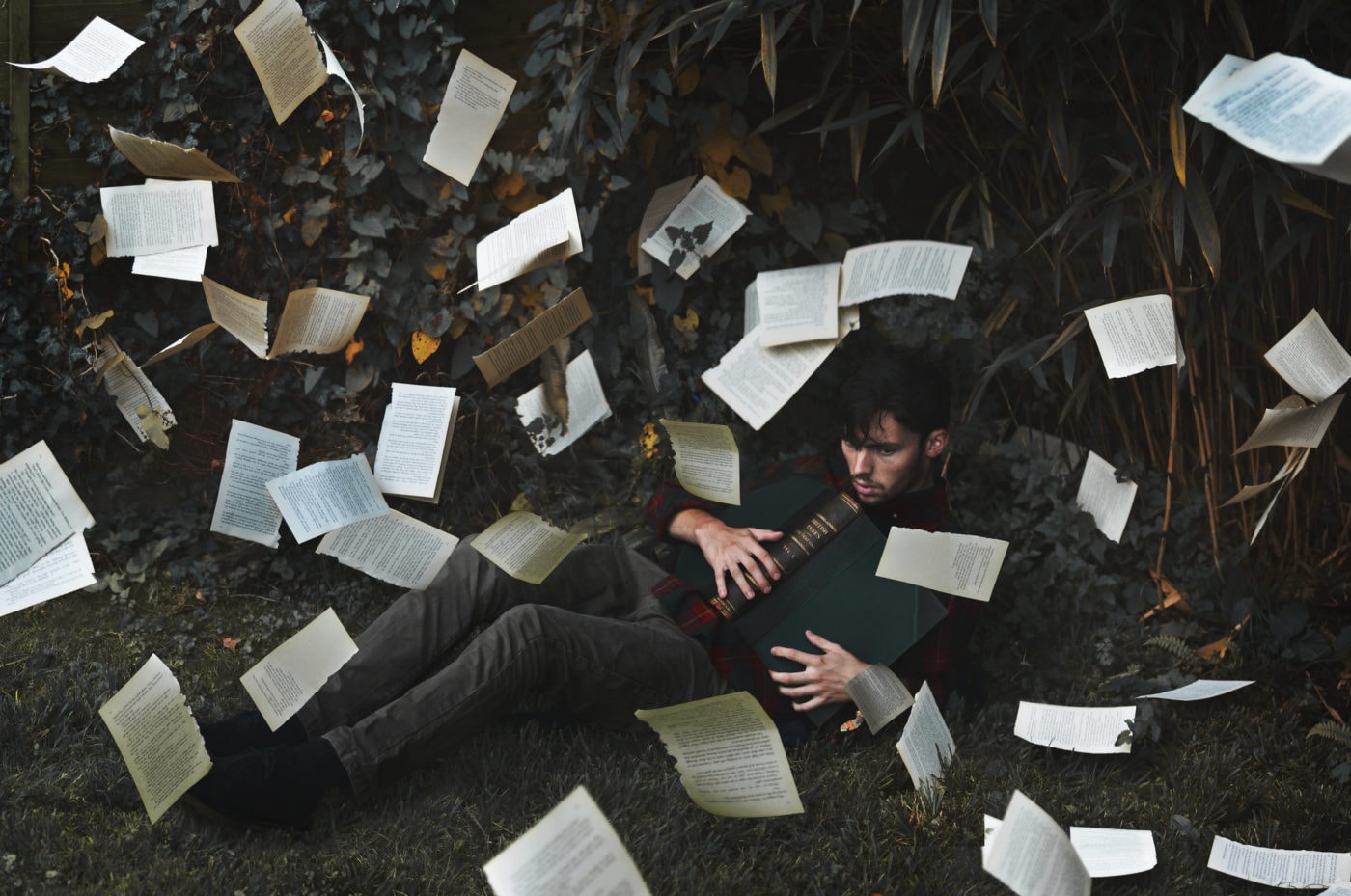In photography, there are two kinds of people: those who edit or retouch photos and those who don't.
Those who “process” your photo in some way in a computer program (on the computer, on the mobile, etc.) and those who do not.
Between these two positions there are many greys. There are many degrees. There are those who edit a lot, there are those who do little, and there are those who don't edit anything at all. The photo remains as it is, natural.
And then there are the hooligans . The fans. The radicals. Fundamentalists. Those who, from one side or the other, dedicate all their energies to criticizing the opposite option.
Yes, we have all met people who love photography in such a purist way that any type of computer “processing”, however slight, seems to them a true sacrilege. Or from the other side, who disqualify any "unedited" photograph as they consider it boring and lacking in interest.
WHAT GROUP AM I IN?
In my case I think I am in the gray area. I usually process my photographs, but minimal processing . I have nothing against excessively processing an image or photographic retouching, it is simply a personal choice, a completely subjective preference that does not obey any rational criteria. Tomorrow I could start processing/editing my photos a lot more. Or stop doing it altogether.
I don't think editing a photo is bad per se . Many think that putting a photograph through a digital developing and editing program undermines the purity of photography, that Lightroom and Photoshop are Satan. But if we reflect just a little, we will realize that the most natural thing in photography is precisely to edit and process them.
If we go back to the analog era, photos were the subject of full-blown "processing" work. What the photographer did in the past, in the dark room, equipped with chemical products, was precisely to process his photographs. The work of developing analog intrinsically entails the action of "touching" the photo in some way. During development you could decide on a lot of factors regarding the final result of that photo.
The analog era is behind us, but the fundamental step of developing the photograph and controlling its different variables (exposure, contrast, color temperature, etc.) continues to exist. Only now it has gone digital. The darkroom is now called Lightroom, Photoshop, and a bunch of other programs that do the job.
Someone will say to me: “Ha! Well, I don't develop my photographs in Lightroom or anything like that. I shoot them in JPG and the photos from the camera come out just like that, that's how I save them”. And I answer: Sure. The camera has already processed them for you, mate.
WHEN THE CAMERA DOES THE PHOTO RETOUCHING FOR YOU
Many people are unaware of this, but in SLR photography you have two types of formats for your photos: RAW format, in which case you have to process them with some software yes or yes, otherwise they are not worth it because they would be like a kind of undeveloped negative ; or JPG format, in which case you are giving the camera the task of "developing" and processing that photograph as that camera (mini-computer) best sees fit. As programmed by the computer scientists on duty.
Yes sir. Your JPG photos (including those from your compact camera and smartphone) are edited from head to toe. Little remains of that natural and "chaste" photo you dreamed of.
And nothing happens. This is how photography works and this is how it worked from its analog beginnings, as I was commenting before.
At this point, many of you will think: "Okay, nothing happens to develop a photograph minimally, if there is no other choice then it's fine, but... a minimum and essential development is one thing, and another very different is to process it and finish being completely different from the subject or landscape initially photographed. Don't go too far Mario."
REFLECTION
And here I release the following reflection on photographic retouching: not all photographs have the duty to offer us a literal description of reality and of the photographed scene. Journalistic or documentary photography does require a certain level of fidelity and precision in the description of the facts; but any other photograph is, above and before everything else, a creative and artistic work. The artist, or creator of the work, has all the freedom in the world to present his creative work in the way that best comes from within.
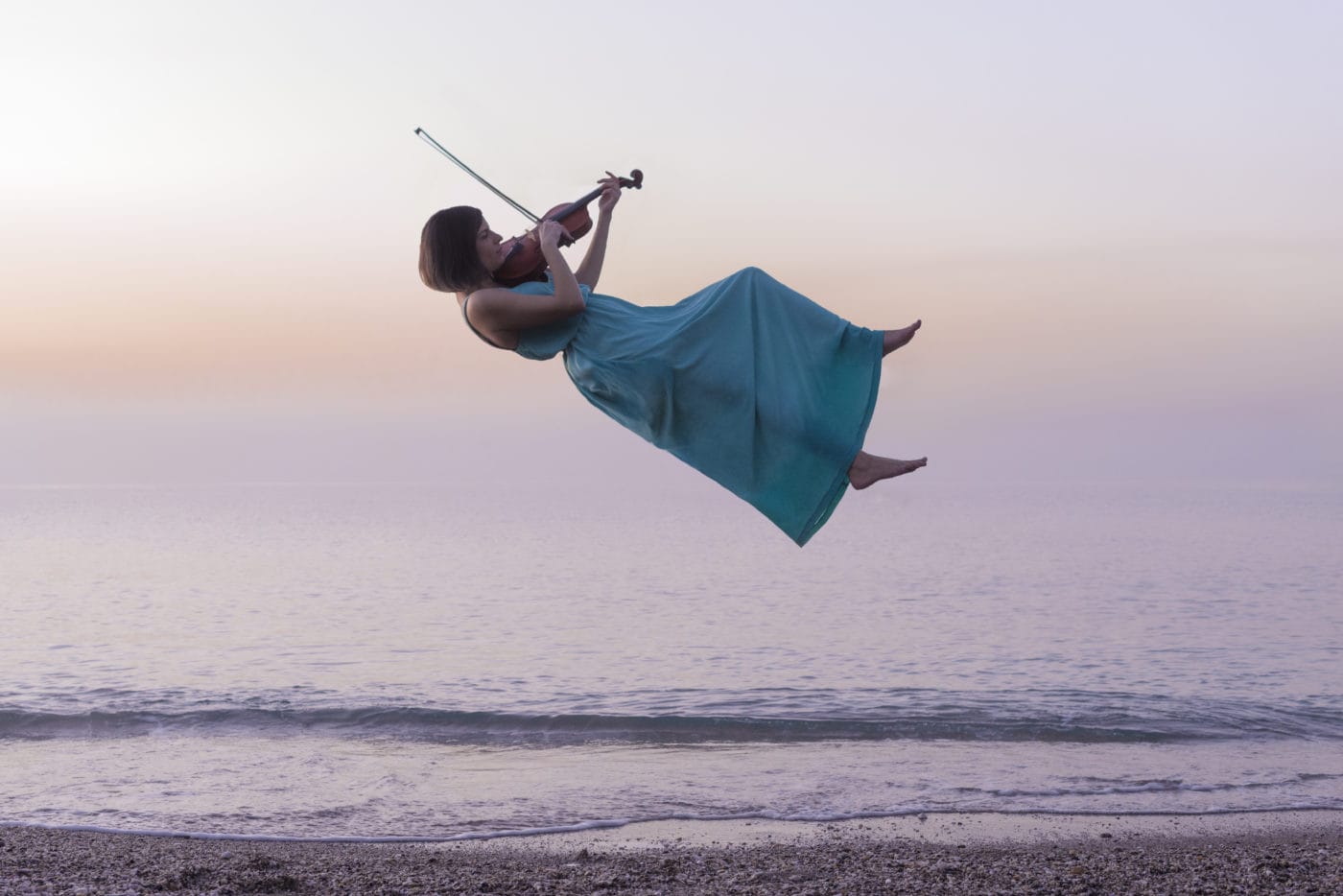
When you sit in a seat in the theater or cinema, you are open to seeing a play based on reality but rich in fiction, exaggeration and dramatization. You don't mind that a movie or a novel goes into the paths of fiction, or even that it starts from a real situation (the typical “Based on true events”) but mixes it with non-existent elements. Why then does a photograph (an artistic work, let's remember) have to limit itself to describing reality in a strict way?
If we apply the same criteria that we use with other artistic disciplines, we should not care if a landscape photograph shows a landscape so edited and retouched that it exceeds the beauty of the real landscape originally photographed. I use the landscape as an example, but any type of photography would do.
Yes: I understand that you tell me that you don't like an excessively edited photograph that represents a too “ideal” scene, landscape or portrait, that it doesn't go with you, that it's not your stuff. Good. A matter of taste and color. But you have to accept and respect the fact that some photographers want to use photography to create fascinating and unreal fantastic worlds.That kind of photography has its audience too.
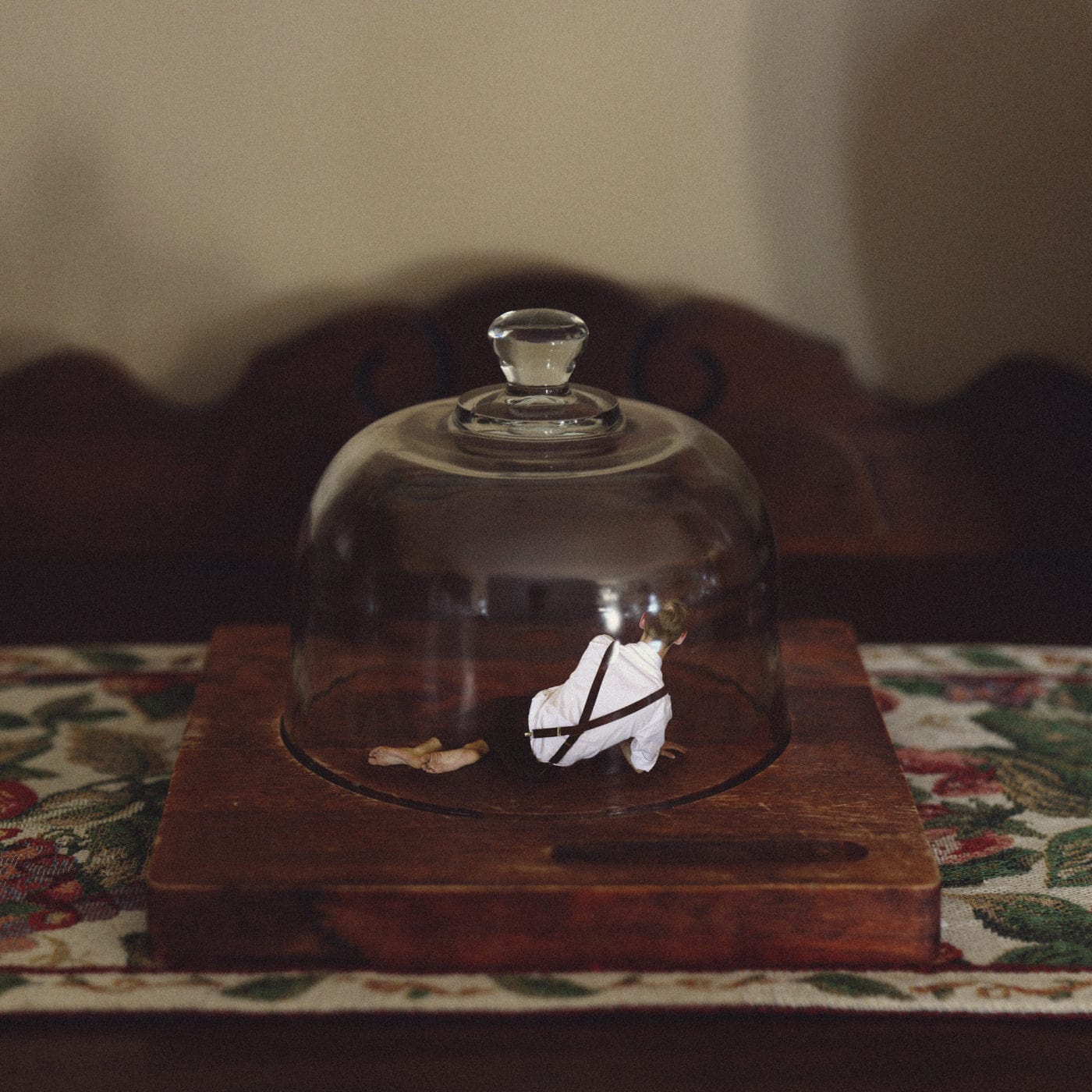
What I am getting at is that photography, unless it is a newspaper photo or a documentary project, pursues the goal of touching a chord in us, of infecting us with some particular emotion, of making us feel things, of making us reflect and get excited.
IMPORTANT NUANCE
In the same way that when you go to the cinema to be moved by a movie, or you lie down on the sofa to immerse yourself in that novel that captivates you, you do it knowing that it is a fiction, the director of that movie and the author of that novel they recognize that it is fiction or a dramatization of reality, because in the same way, what is honest is that the photographer who retouches a photograph recognizes it. If a photographer touches up his photos, as long as he doesn't "deny" it before a possible question, it doesn't seem bad to me that he touches it up as much as he pleases.
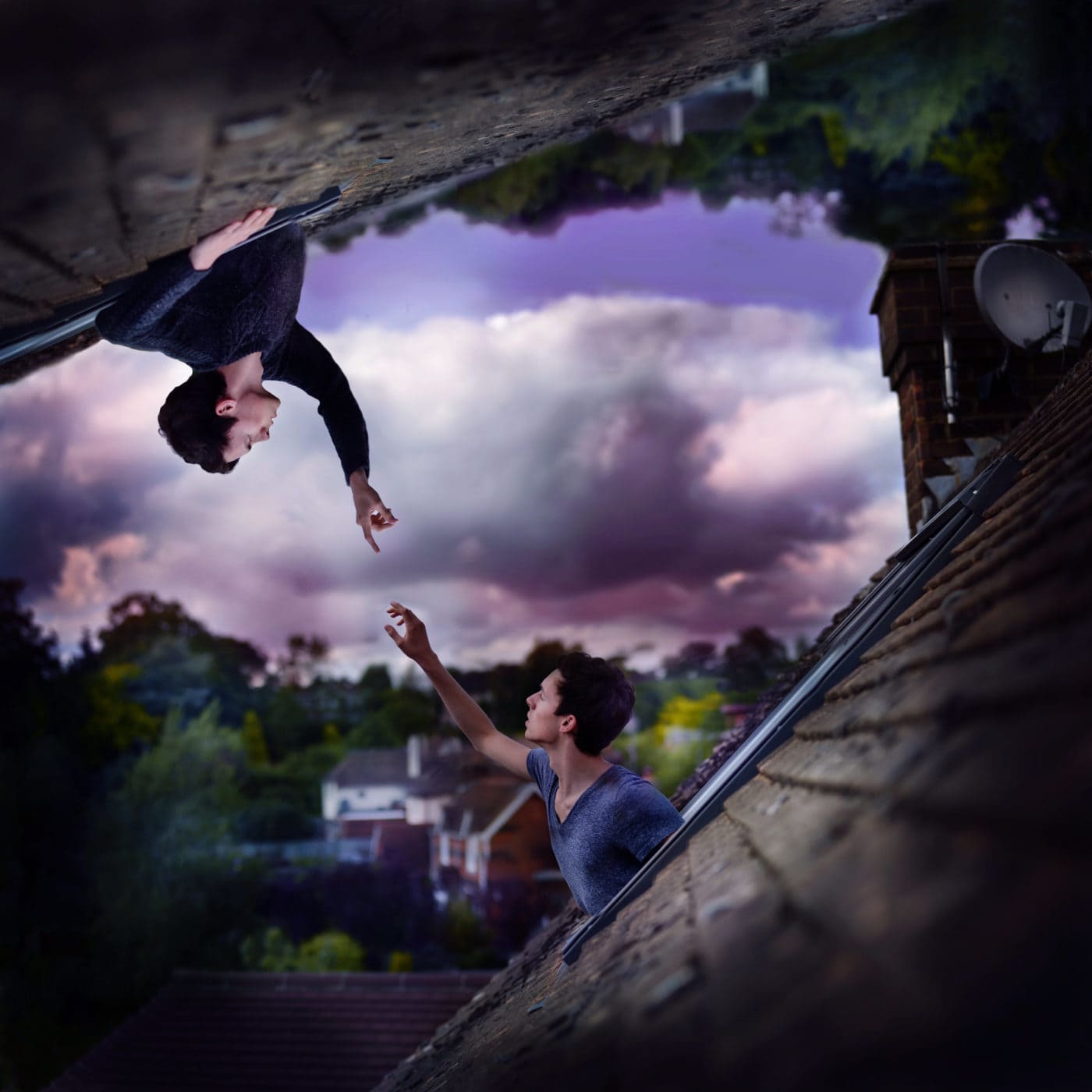
The moment the photographer starts to deliberately hide the fact that his photograph has been retouched, then everything stops making sense, I think.
AND WHAT DO YOU THINK ABOUT PHOTO RETOUCHING?
With this article I expose myself, consciously, to lynching and criticism of all kinds. The most widespread opinion today is to say that "photographic retouching is bad". If you dare to speak out in a public forum and explain that, in your humble point of view, you have nothing against those who edit your photos, be careful because you may fall for the octopus as they say around here.
I would love to know what you think. Leave me your comment below.
Happy photography.
Update: Ruben from RunbenGuoHe has had the detail of sharing with me some of his photographs where you can see the incredible possibilities that photo editing offers. Here I leave them, with the before and after.
